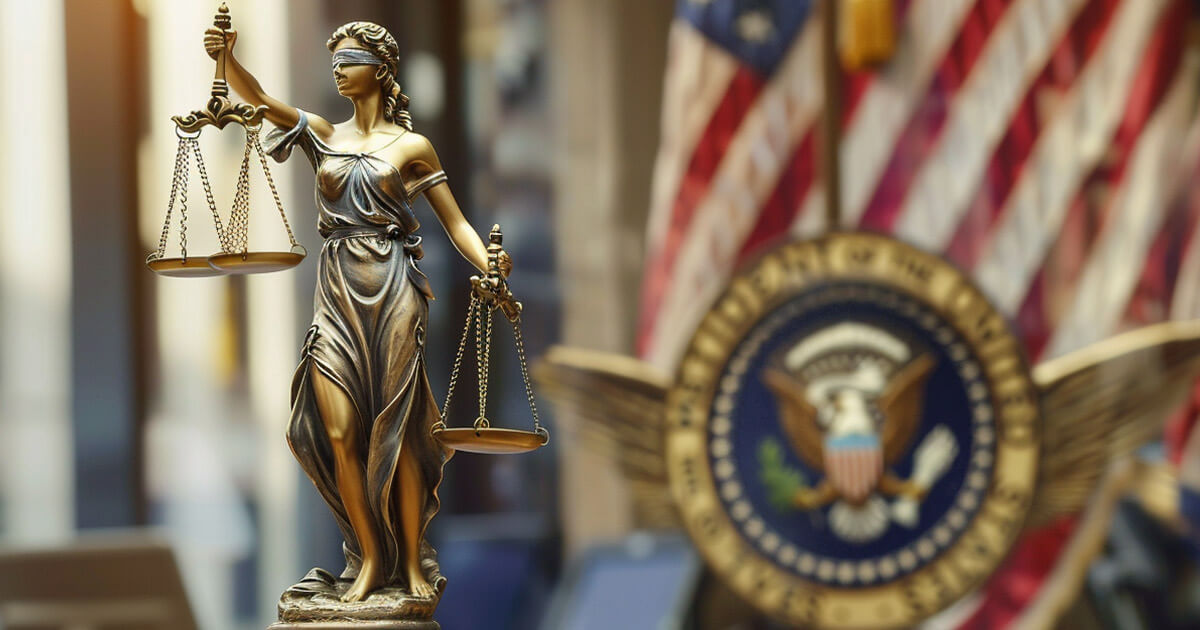Two prominent bodies in the crypto sphere, the Blockchain Association and the Crypto Freedom Alliance of Texas, have taken legal action against the US Securities and Exchange Commission (SEC).
In an April 23 court filing, the groups argued that the SEC overstepped its bounds by sanctioning a rule that redefines the parameters for what constitutes a “dealer” of securities. According to them, this action was “arbitrary and capricious” and violated the Administrative Procedure Act (APA).
Blockchain Association CEO Kristin Smith opined that the rule was “the latest example of the SEC’s blatant attempts to unlawfully regulate outside its authority [and] skirting legal obligations. Smith added:
“The Dealer Rule advances the SEC’s anti-digital asset crusade and unlawfully redefines the boundaries of its statutory authority granted to it by Congress, threatening to drive U.S. companies offshore and incite fear in American innovators.”
Consequently, they want the Court to nullify the SEC’s Dealer Rule because the financial regulator’s APA violations “prevent industry participants from being able to operate under clearly communicated rules that have gone through a fair and transparent rulemaking process.”
DeFi impact
Marissa Tashman Coppel, the legal lead at Blockchain Association, highlighted the significant adverse effects of the SEC’s rule on the digital asset ecosystem, especially DeFi. Despite the rule’s lack of clarity, she argued that the law implicates liquidity providers, DeFi software, and developers.
Coppel said:
“The new rule introduces two tests to identify dealers, both focus on the effect of trading activity rather than focusing on a customer relationship. Again, this is a drastic departure from any previous SEC interpretation of the term ‘dealer.'”
The legal chief pointed out that the SEC failed to address dozens of issues that industry stakeholders had raised during the comment period. For example, she noted:
“The SEC fails to clarify a key threshold issue despite commenters asking for clarification: how to determine which crypto asset transactions qualify as securities transactions. This makes it even harder for industry to determine whether compliance is necessary.”
The Blockchain Association has an extensive member base that includes notable crypto companies, such as crypto exchanges Coinbase and Kraken, as well as stablecoin issuers Circle and Ripple.



